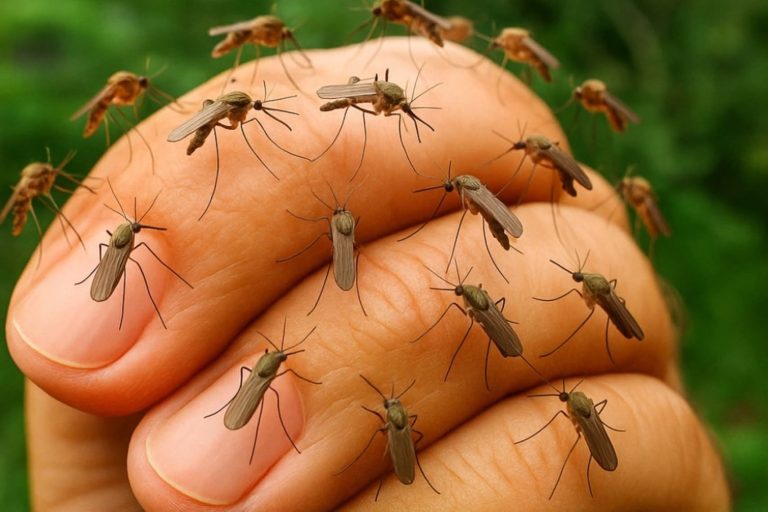For the first time in history, scientists have confirmed the presence of mosquitoes in Iceland — a country long believed to be free of the biting insect due to its cold and unpredictable climate.
The Icelandic Institute of Natural History announced the discovery after three mosquito specimens were captured on October 16 in West Iceland. The insects were first noticed by an observant nature enthusiast who posted his find on a Facebook discussion group.
Entomologists later identified the species as Culiseta annulata, commonly known as the banded mosquito. This species is well known for its ability to survive in colder regions, unlike most mosquitoes that thrive in warm, humid environments.
According to Icelandic entomologist Matthías Alfreðsson, Culiseta annulata has the remarkable ability to overwinter — meaning it can survive through the winter months by hiding in sheltered areas such as basements, barns, and caves. “It is quite an adaptable species,” Alfreðsson explained. “Its tolerance for cold temperatures could help it survive in Iceland, especially with the country’s milder winters in recent years.”
While a few mosquitoes have occasionally arrived in Iceland via aircraft or imported goods, this discovery is unique because the insects were found outdoors, signaling a potential establishment of the species in the local environment.
For decades, Iceland was considered one of the few mosquito-free nations on Earth, thanks to its cold climate and fluctuating temperatures that disrupted mosquito breeding cycles. However, scientists have long predicted that climate change could eventually make the island more hospitable to such species.
In recent years, Iceland has witnessed the arrival of other cold-resistant insects, such as the louse fly (Hippoboscidae), which became established around 2015. Experts believe the appearance of mosquitoes could mark another sign of shifting ecological patterns linked to global warming.
Researchers say they will continue monitoring the spread of the species to determine whether it can sustain a stable population. For now, the discovery stands as a milestone in Iceland’s natural history — and a small but significant sign of a changing climate.


